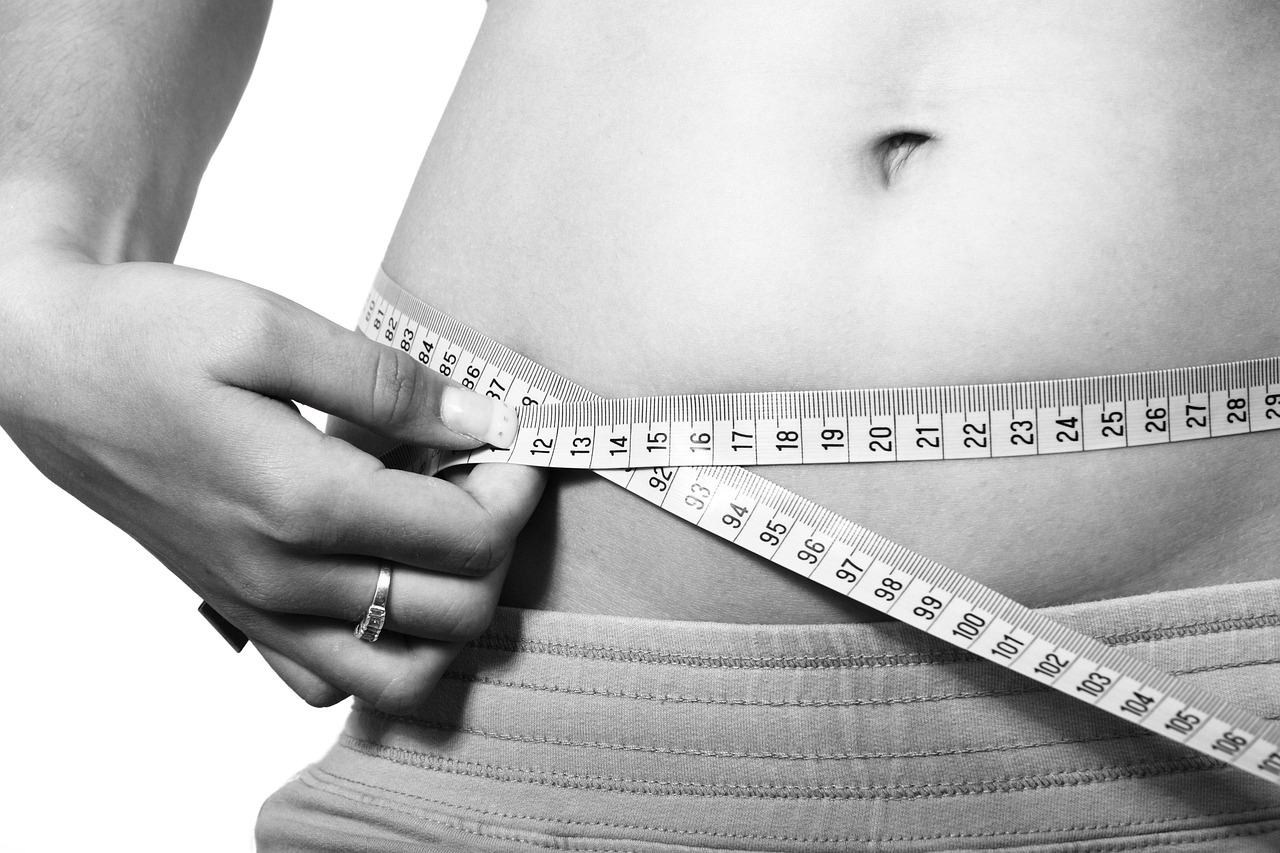Lose Weight with just dietary changes – Is it possible and Sustainable?
We live in a time when we have too many obligations and too little time for ourselves. Often because of this pace, we orient ourselves towards foods and meals that are low in nutrition and contain a huge number of calories.
Over time, these habits affect our health and our body weight. Increased body weight is one of the main health problems of today. Therefore, a huge number of people try to lose weight every day.
Of course, that process begins with changes in diet and eating habits. But for many, it ends there. Other than dietary changes, many people trying to lose weight do not take extra steps and activities.
So the question arises, are dietary changes sufficient for successful weight loss? We will discuss exactly this topic in today’s article.
Main factors in losing weight
When losing weight, changes in diet and regular physical activity are usually combined. However, many manage the process with dietary changes alone.
In this regard, the key aspect of losing weight is to maintain a stable and continuous caloric deficit. That means, an intake of fewer calories than what we need and what we spend during the day.
Over time, this leads to weight loss as the body is forced to use up reserves (mainly coming from fat deposits). During such a deficit, the body uses its reserves to compensate for the calories, that is, the energy it lacks.
There are numerous strategies and ways of eating that can help with the weight loss process. The necessary calories that need to be consumed, that is, the deficit that is needed is extremely variable and individual for everyone and depends on several factors, such as age, sex, height, weight, and genetic factors.

Some of the most common diets in the world through which people lose weight are:
Low-carb diet – this involves a carb intake in the range of 50-150 grams. This way of eating is good for limiting and even eliminating foods that people often use, which are extremely rich in added sugars.
Juices, energy drinks, sweets, confectionery, etc. are part of such products, which are very caloric and unhealthy. This way of eating also focuses more on the intake of protein and vegetable fiber, nutrients that control hunger and give a longer feeling of satiety.
The ketogenic diet – implies very small amounts of carbohydrates (below 50g) and is considered to stimulate ketogenesis. It is the process when fat deposits are used as a source of energy.
High protein diet – a diet that implies protein intake in quantities of 1.2 – 1.6 grams per kilogram of body weight. Such protein intake is considered to contribute to building new and maintaining existing muscle tissue.
This diet is obviously recommended for people who are quite physically active and practice multiple types of exercise – including weight training.
Namely, building new muscle tissue improves and accelerates the metabolism and increases the needs of the basic metabolism or the so-called resting metabolism.
Intermittent fasting diet – this type of diet involves timing and eating all meals during a given period of the day, and then not eating any food during the remaining period.
Exercise as a factor in weight loss
Exercise and physical activity are considered an important tool often used by people who want to lose weight. They contribute to an even greater consumption of calories, thus increasing the difference between the calories consumed and the calories needed. When losing excess weight, cardio exercises are most often recommended and used – running, swimming, cycling, etc.
But weight exercises should not be excluded, because as we said, they are more effective in building new muscle tissue, which can speed up metabolism. So, the recommendations are a combination of cardio and weight training for optimal results.
But if we exclude exercise during weight loss, as is the subject of today’s article, and stick only to dietary changes, we lose this important aspect that exercise provides.

Benefits of weight loss with a focus on nutrition alone
The process of losing weight itself is difficult enough to fit into everyday responsibilities. Thus, if we focus only on nutrition, we will have more time to prepare healthy, balanced, yet low-calorie meals.
If we eliminate physical activity, we get more time to prepare our meals. But although people who focus only on diet have no initial problems with weight loss, due to the lack of physical activity, problems may arise in maintaining weight in the long term.
However, the weight loss process is quite individual and there is no set pattern. What works for one does not necessarily mean it will work for another. Focusing on nutrition gives you more time to prepare and plan your meals throughout the day. Due to the intake of healthy and nutritious foods, there can also be an indirect, yet significant, improvement in general health.
Disadvantages of diet-only weight loss
If the time saved on exercise and physical activity drastically changes how you plan and how your day unfolds, then maybe focusing only on nutrition is the way for you. If you still have 30-60 minutes free in the day, exercise is a recommended habit, not only for the weight loss process but for your general health.
In terms of skipping exercise while losing weight, one of the main risks is thought to be easy weight regain.
A recent study included subjects who were overweight and looked at the effects of different types of exercise on weight loss. The subjects were divided into four groups, each with a focus on a specific parameter – a calorie deficit group, a weight-exercise group, a cardio-exercise group, and a mix of cardio and weight-exercise groups.
Each group followed a diet that had a 25-30% caloric deficit for a period of 6 months. The subjects who had included exercises practiced them 3 times a week. The results showed that the initial results in weight loss were similar, but that most of them regained the lost pounds after a period of 3 years. The exception was the group that had a combination of cardio and weight exercises.














Post Comment